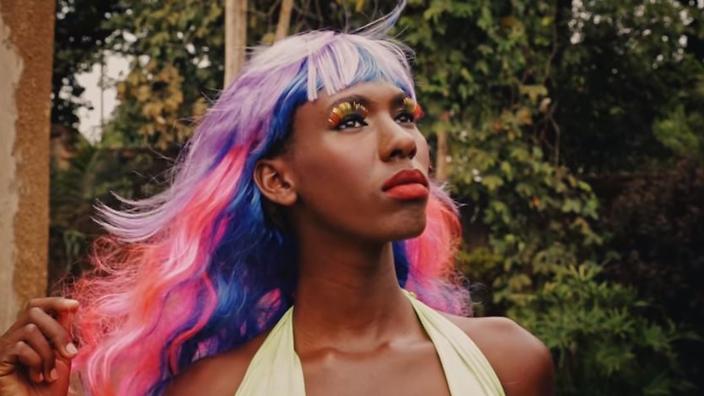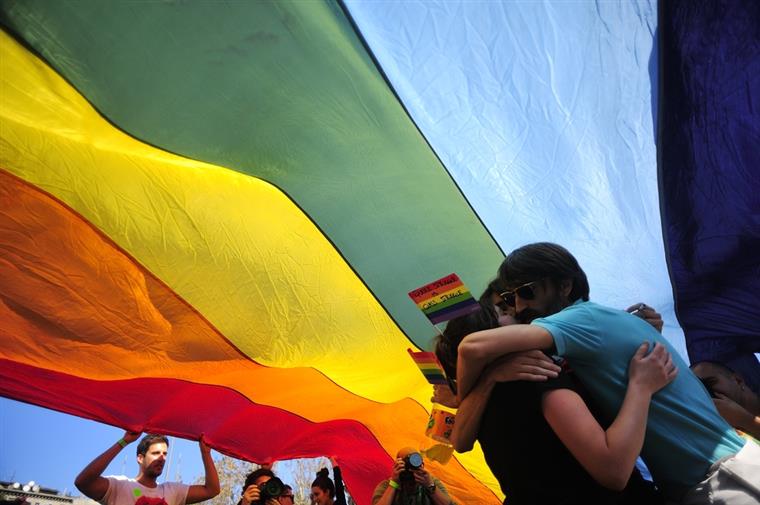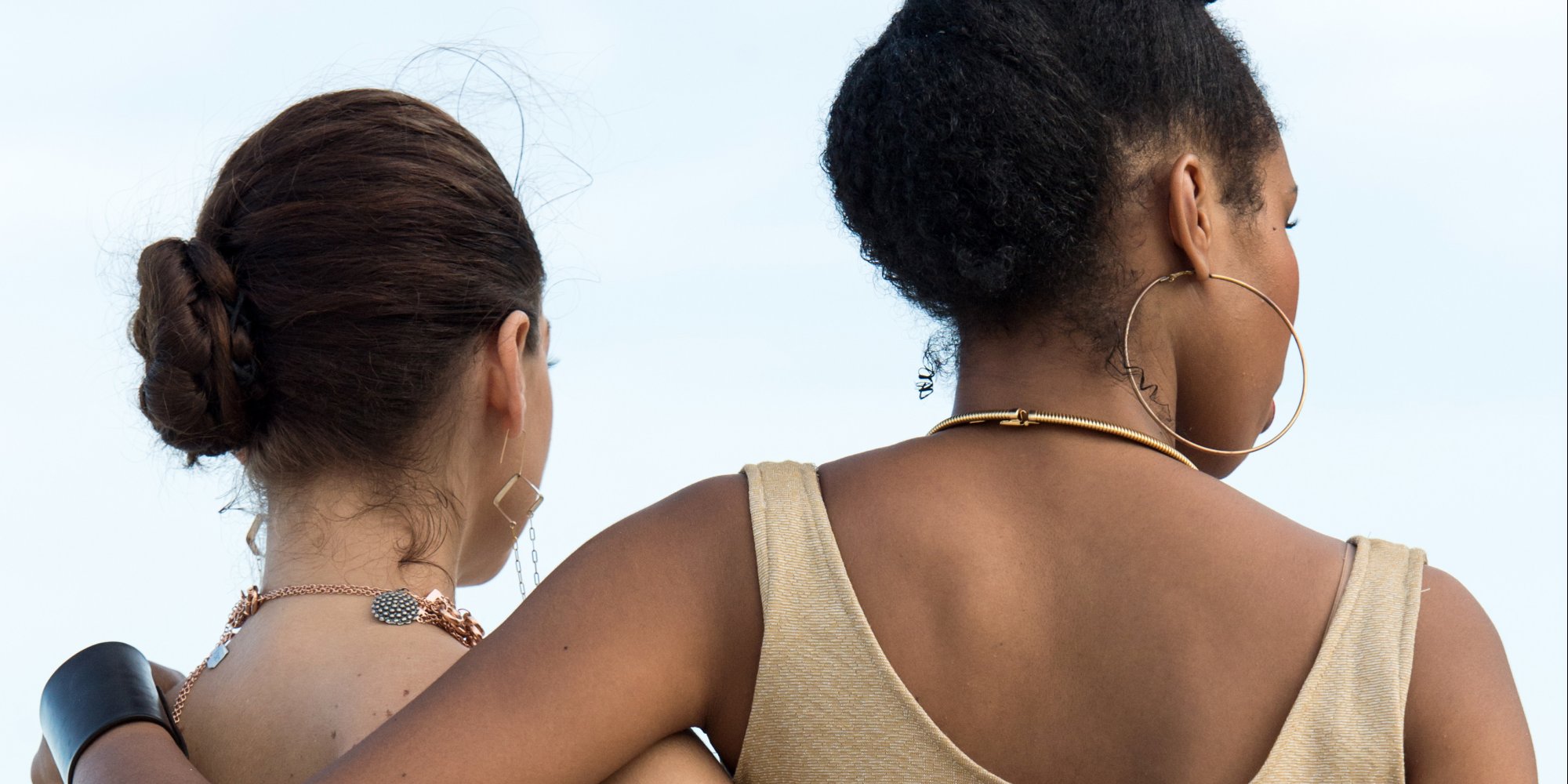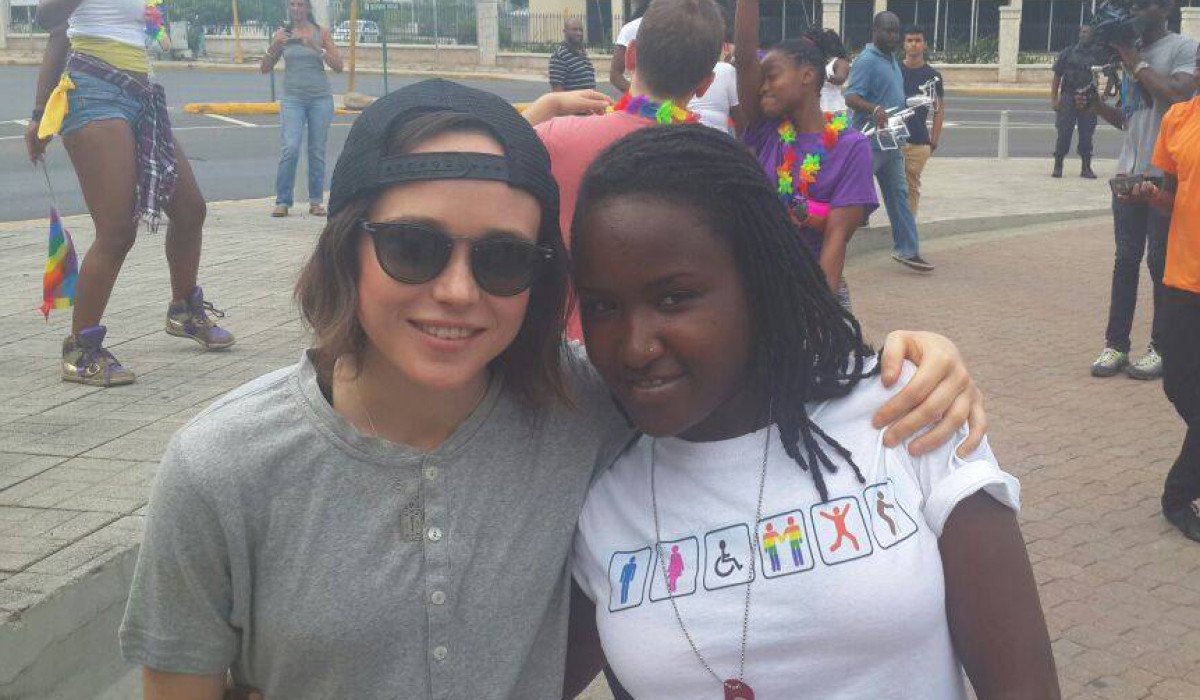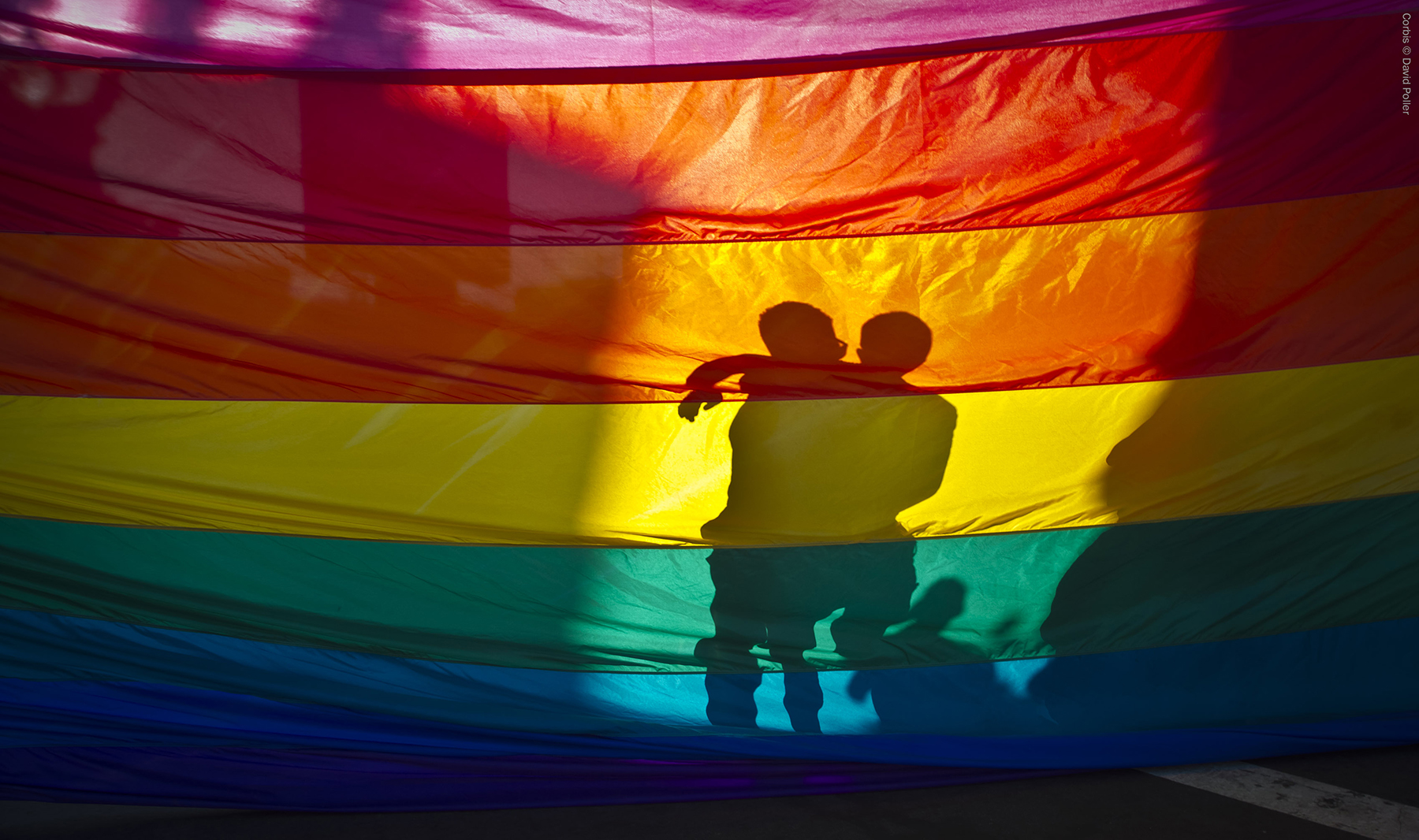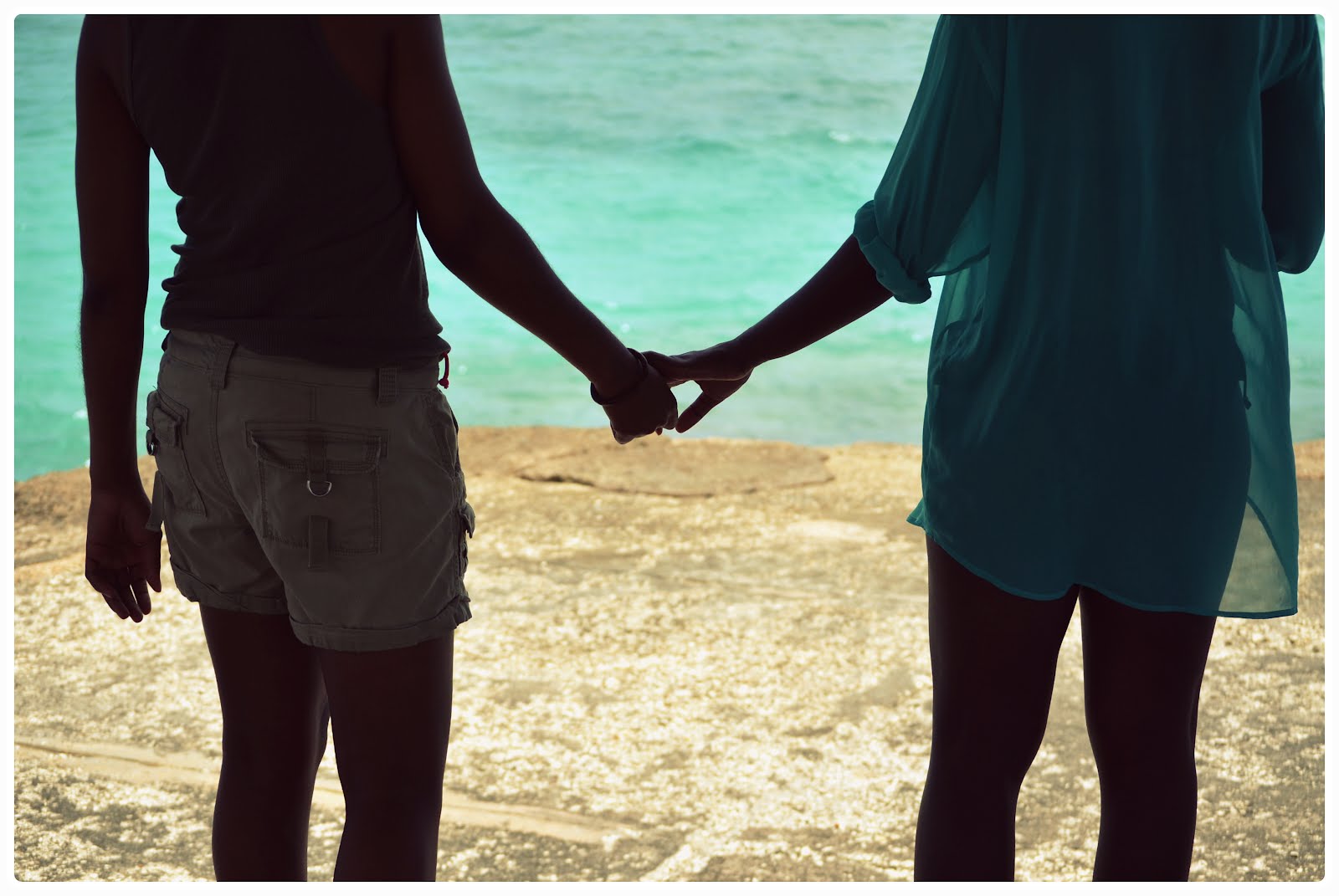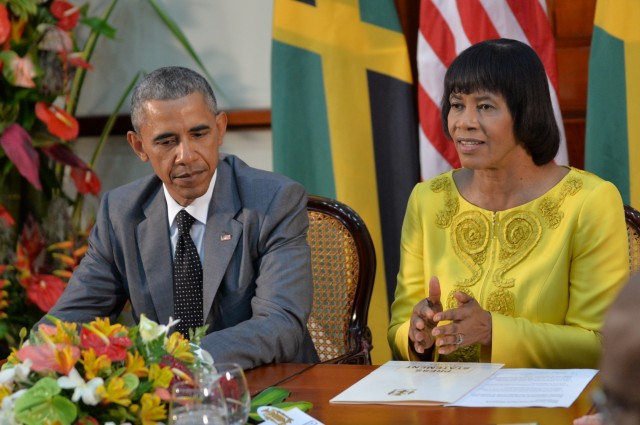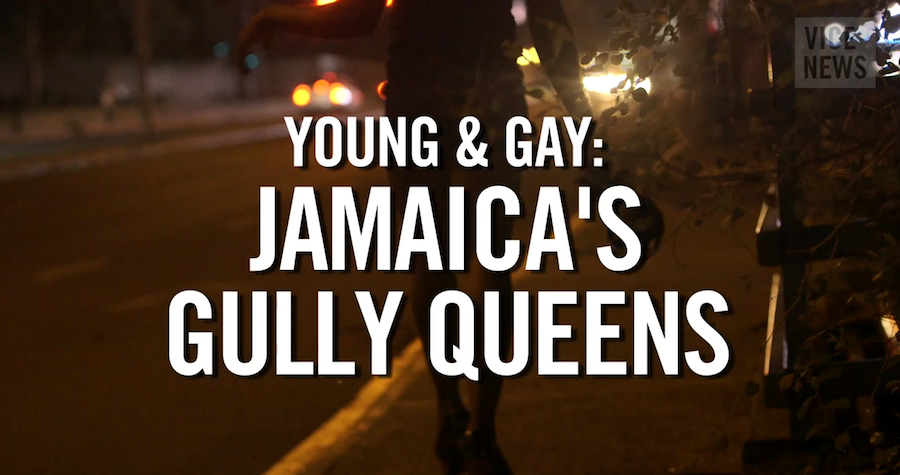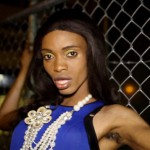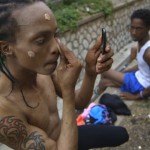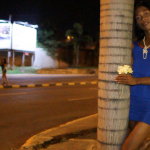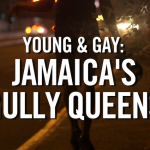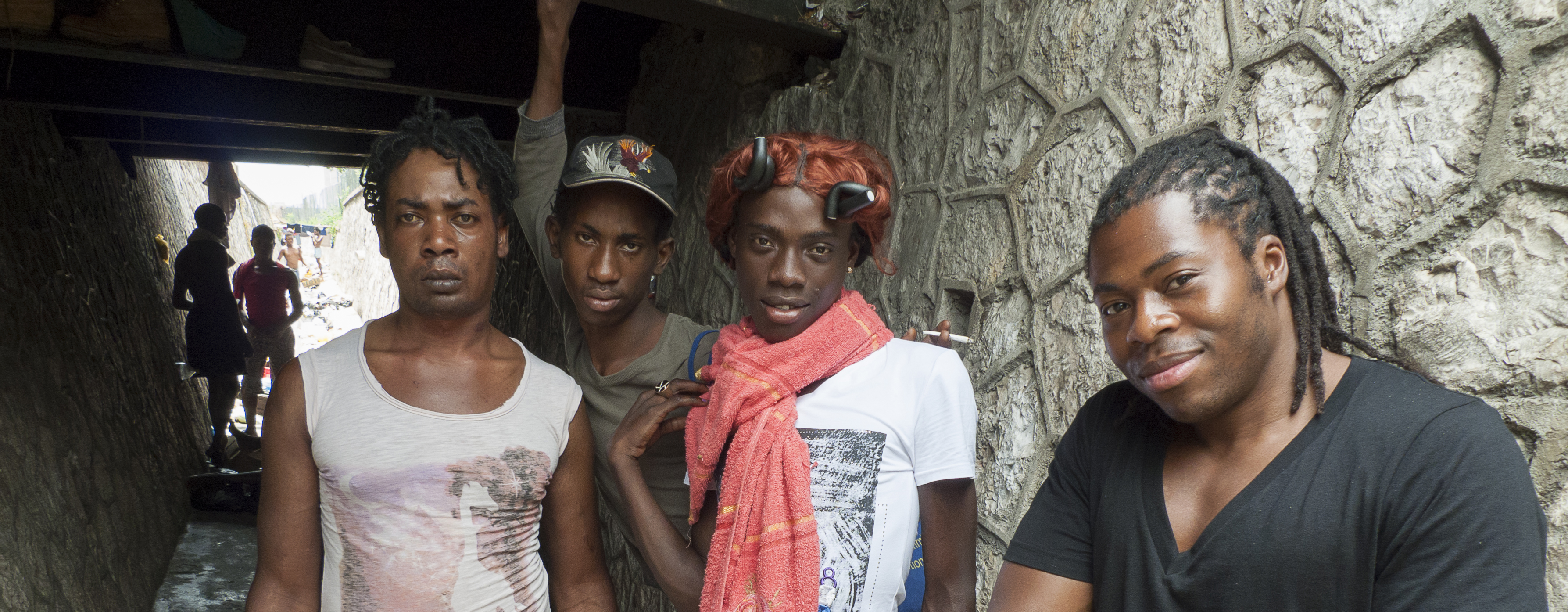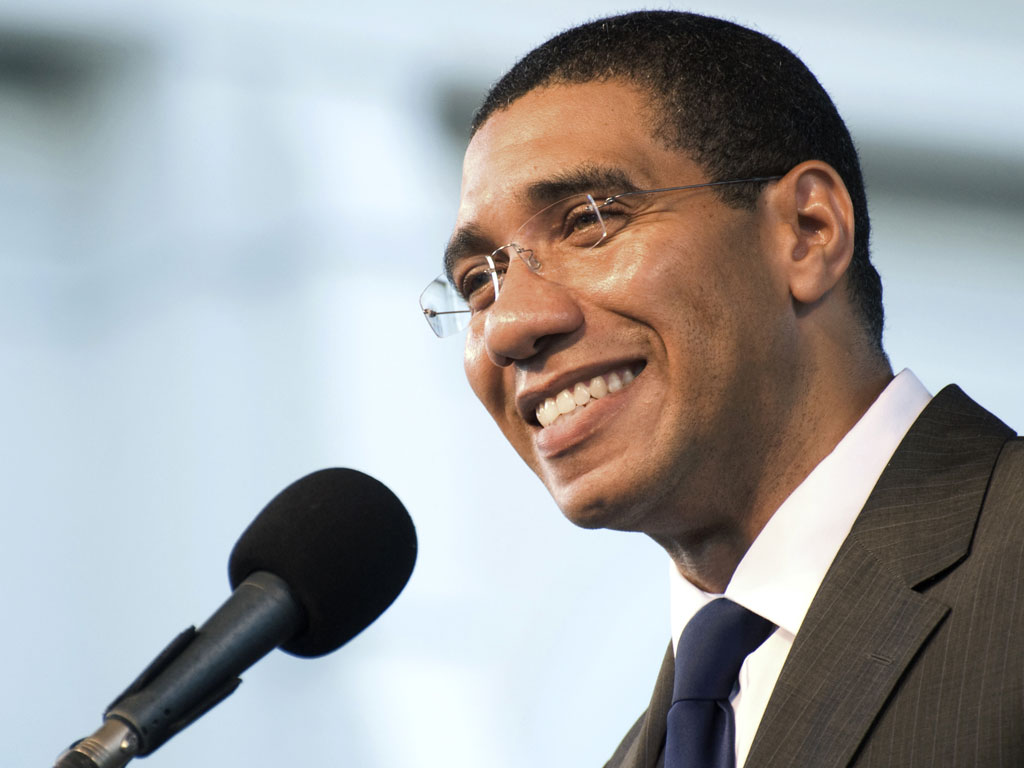Queer music is on the rise across North America, Europe and even South America. But while we celebrate artists like Choco and Young M.A., we can’t forget that, in many countries, it’s not just dangerous to be LGBT – it’s punishable by death.
However, that does not stop brave artists from sharing their voices with the world.
The new Rainbow Riots charity album centers these voices. Each song is written and/or performed by LGBT artists from countries where being gay is illegal, and/or where anti-LGBT violence is a constant fear. All proceeds go to the Rainbow Riots charity, which fights for the LGBT rights of people across the world.

The artists’ countries include Uganda, Malawi and Jamaica, among others.
Swedish composer, writer and activist Peter Wallenburg began the project in order to amplify the voices of people who’d often been silenced.
Wallenburg says.
Imagine that your very existence is a crime and that the police, authorities, and lynch mobs chase you simply because you are who you are. I created Rainbow Riots as a movement to fight for freedom against tyranny.”

Wallenburg was spurred on by the 2016 Ugandan Pride parade which, unfortunately, the police shut down with a brutal and violent raid.

While the album isn’t set to release until mid-June, the first single, Mista Majah P’s “Equal Rights,” has already dropped, to much applause. The U.N. even used the song as the anthem for their Global Goals campaign.
While many artists remained anonymous of fear of death, some are boldly attaching their names to their music in order to take a public stand. These artists include Brayo Bryans of Uganda, Shivan of Uganda, Kowa Tigs of Uganda, Umlilo of South Africa, and Ivy B of Malawi.
Rainbow Riot’s previous projects include a 2016 Orlando fundraiser, where drag queen Lady Bunny and queer rapper Jwl B teamed up for a song for charity. The organization also teamed up with UN Global Goals in order to make being LGBT legal worldwide by 2030.
Check out the album teaser or pre-order your copy at the official website.
